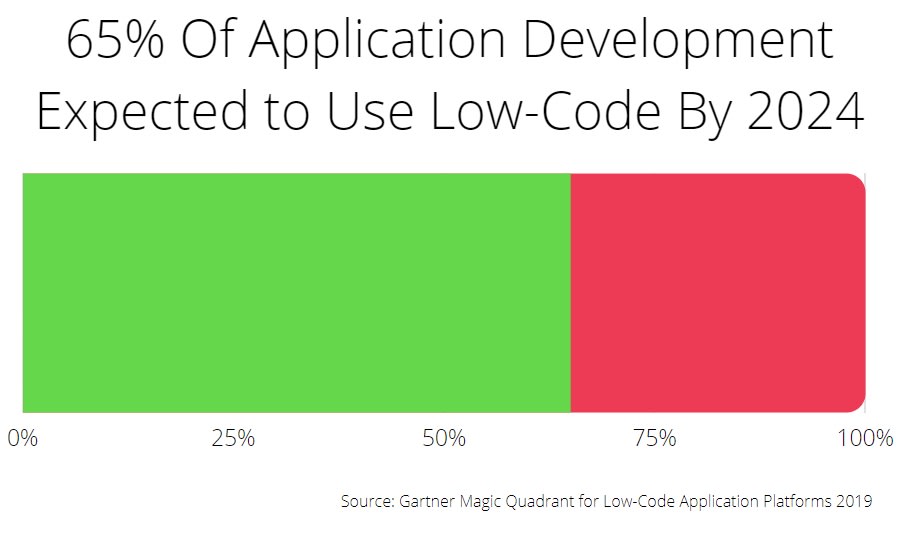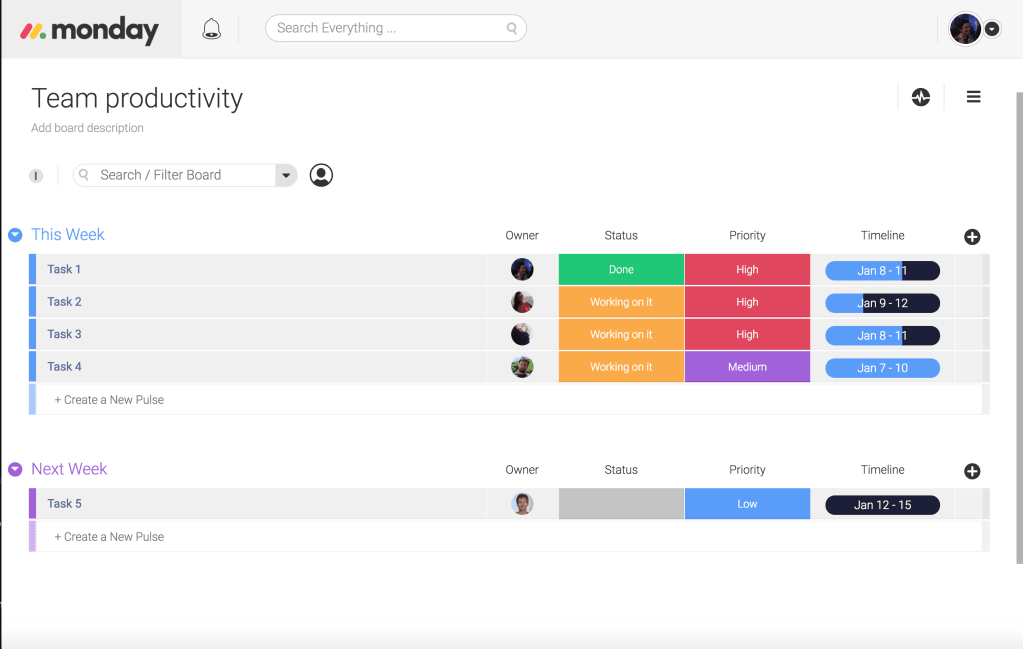Digitization. Digital innovation. Digital transformation.
All words and phrases are interrelated, but not entirely the same thing.
According to this Forbes article, digitization is “taking analog information and encoding it into zeroes and ones so that computers can store, process, and transmit such information.”
If you or your business is still doing one (or more) of the following, you have not yet fully embraced digitization:
- Take notes with pen(cil) and paper
- Post memos on your company’s (physical) bulletin board
- Leverage an old-school, on-desk Rolodex to manage contacts
Digital innovation (or transformation) takes digitization from the individual/small team and pushes it to the organizational level.
Per Gartner, digital transformation can refer to anything from IT modernization (for example, cloud computing), to digital optimization, to the invention of new digital business models, to entirely new concepts (i.e., Internet of Things aka IoT).
This same Gartner definition goes on to include, “the term is widely used in public-sector organizations to refer to modest initiatives such as putting services online or legacy modernization. Thus, the term is more like ‘digitization’ than ‘digital business transformation.’”
For this article, we will focus on how organizations can (and should) embrace a digital innovation/transformation mindset.
We’ll discuss how no-code and low-code solutions can empower all members of an organization and help facilitate digital innovation.
Finally, we’ll cover how digital innovation — when fully adopted — can help transform your business and how monday.com is best-positioned to be your digital innovation partner.
The benefit of no-code and low-code solutions
No-code and low-code platforms are cloud-based solutions that let you use an existing framework, API, or functions to create working apps in minutes.
An example of a no/low-code platform is monday.com’s Work OS — our digital workspace that lives within an organization. monday.com’s building blocks can be assembled into apps that manage any kind of work. Our Work OS collects information from external tools, helps teams communicate about items within the context of the work happening, and places all workflows in one place.
Viola! A centralized home for all work.
Low and no-code solutions mean teams can be up and running in minutes vs. days.Many low and no-code platforms focus on app-building interfaces that are literally no-code — drag and drop create the desired functionality.
Shifting your business to incorporate these low and no-code options is part of the digital transformation. The benefits of these tools help push leaders and executive teams to reevaluate their entire process and tech stack — how they execute processes, how workflows play a role in their organization, and the ever-important need for better customer relationships.
And low-code options are on the rise — and here to stay.
According to Gartner, by 2024, 65% of app developers will use low-code frameworks.

However, low and no-code platforms are just part of the digital transformation process.
How digital innovation helps transform your organization
Moving away from static, paper-driven processes and into flexible, easy-to-access online formats means you are moving in the direction of a more digitally innovative organization.
Digital innovation helps transform your business in many ways. Here are 6:
1. Increased team productivity
Running your business without software (i.e., analog) can be a colossal waste of time and resources. Following up on tasks by emailing, calling, or physically walking to a team member’s desk is inefficient.
Project management is the coordination of resources — team members, tools, locations, and budget — with the end goal of completing projects efficiently and successfully.
Project management software helps to digitize this process by providing real-time visibility into where projects stand, what precisely each person on the team is working on, and who is (and is not) available for the next task.

Assigning team members individual tasks ensures they are more motivated, productive, and — importantly, accountable to their peers.
2. Optimized production
Optimizing processes and production can save organizations millions of dollars. In addition, small tweaks to how teams get things done can have a considerable impact not only on the top line but also on employee motivation and morale.
Digitalization software solutions help enable smoother and more efficient operations.
![]()
3. Organized workflow
It’s way too easy for sticky notes and handwritten lists to get misplaced (or left behind). In addition, analog-only information is, by its nature, not centralized in one place.
Digital project management tools let you manage all content and processes in one place. There is no need to jump from one sticky note (or online tool) to another.
Keep track of everything in one place — progress updates, shared files, budget approvals, KPIs, and more. Determine, at-a-glance, where all work stands.
4. Visual options
Non-digital solutions make it quite tricky, if not impossible, to view project progress in different formats.
Digital innovation means project management software solutions that allow teams to switch between different views such as Gantt charts, Calendar, Timeline, Kanban, and more.

Looking for a way to visualize your content and workflow? monday.com has you covered.
5. More streamlined collaboration
There are so many ways to communicate and collaborate in today’s digital world.
[Sidenote: There are also many ways to miscommunicate.]
Gone are the days of phone or in-person only. In today’s world … social media, messaging apps, Slack, Teams, SMS, email, and more. The options are endless — and sometimes overwhelming.
Digital innovation means seeking out the best collaboration tool for each and every type of interaction.
Sound project management software — which is often adopted by companies who believe in the power of digital innovation — reduced (and sometimes even eliminate) the need for email and other one-side communications.
monday.com helps unite everything and everyone in a single, shared platform. Communication barriers be gone! Projects move forward with more alignment and less confusion.
Here’s an example of what that could look like in monday.com’s Work OS:

6. Automated tasks
Automating repeatable tasks is a great example of digital innovation.
At monday.com, it is also an example of no-code.
We think of automations as “mini-recipes” or pre-defined combinations of triggers (an event that sets an automation into motion) and actions (what occurs as a result of that trigger). For example, a classic monday.com automation is to notify someone on the team when a status changes — “to do” to “done,” for example. This alert notifies another team member that your work is done, and they can start.

Automations eliminate the need for repetitive, recurring tasks.
monday.com: The Work OS your team will love.
One more thing about digital innovation: Whatever new technology, new app, new software, new ANYTHING you add to your tech stack, be sure your team loves it.
(or at least doesn’t hate it)
The more you love an app (or software), the more likely you will use it.
When you try monday.com, we are pretty confident you’ll love it.
But don’t take our word for it. Instead, check out our reviews on G2 and read a few case studies to discover why more than 125,000 companies of all sizes love using monday.com.

